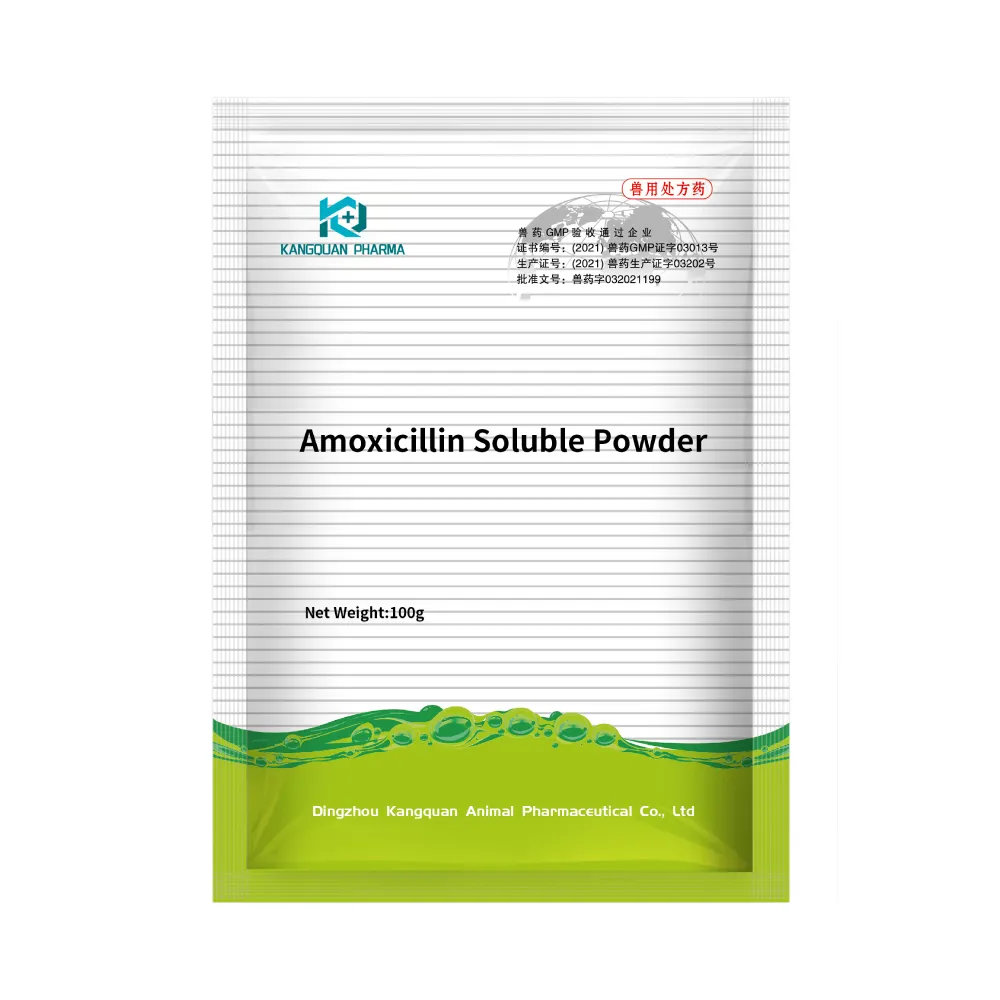- Afrikaans
- Albanian
- Amharic
- Arabic
- Armenian
- Azerbaijani
- Basque
- Belarusian
- Bengali
- Bosnian
- Bulgarian
- Catalan
- Cebuano
- Corsican
- Croatian
- Czech
- Danish
- Dutch
- English
- Esperanto
- Estonian
- Finnish
- French
- Frisian
- Galician
- Georgian
- German
- Greek
- Gujarati
- Haitian Creole
- hausa
- hawaiian
- Hebrew
- Hindi
- Miao
- Hungarian
- Icelandic
- igbo
- Indonesian
- irish
- Italian
- Japanese
- Javanese
- Kannada
- kazakh
- Khmer
- Rwandese
- Korean
- Kurdish
- Kyrgyz
- Lao
- Latin
- Latvian
- Lithuanian
- Luxembourgish
- Macedonian
- Malgashi
- Malay
- Malayalam
- Maltese
- Maori
- Marathi
- Mongolian
- Myanmar
- Nepali
- Norwegian
- Norwegian
- Occitan
- Pashto
- Persian
- Polish
- Portuguese
- Punjabi
- Romanian
- Russian
- Samoan
- Scottish Gaelic
- Serbian
- Sesotho
- Shona
- Sindhi
- Sinhala
- Slovak
- Slovenian
- Somali
- Spanish
- Sundanese
- Swahili
- Swedish
- Tagalog
- Tajik
- Tamil
- Tatar
- Telugu
- Thai
- Turkish
- Turkmen
- Ukrainian
- Urdu
- Uighur
- Uzbek
- Vietnamese
- Welsh
- Bantu
- Yiddish
- Yoruba
- Zulu
8 月 . 14, 2024 06:41 Back to list
Dexamethasone Injection for Canines Uses, Dosage, and Safety Considerations for Pet Owners
Dexamethasone Sodium Phosphate Injection for Dogs An Overview
Dexamethasone sodium phosphate, a potent synthetic corticosteroid, is commonly used in veterinary medicine, especially for dogs. This medication is crucial in managing a variety of inflammatory and autoimmune conditions due to its powerful anti-inflammatory and immunosuppressive properties. Understanding its applications, benefits, and potential side effects is vital for pet owners and veterinarians alike.
Indications for Use
Dexamethasone is indicated for various conditions in dogs, including allergies, asthma, autoimmune disorders, and certain types of cancers. It is often employed in managing inflammatory diseases like dermatitis, osteoarthritis, and conditions causing edema. In emergency situations, dexamethasone may be administered to combat severe allergic reactions or shock, thus stabilizing the dog’s condition swiftly.
Moreover, dexamethasone is sometimes used in combination with other treatments to enhance the efficacy of a treatment plan. For instance, it may complement antibiotic therapy in cases of severe infections or be included in cancer treatment regimens to reduce inflammation around tumors.
Mechanism of Action
As a corticosteroid, dexamethasone works by mimicking the effects of cortisol, a hormone produced by the adrenal glands. It binds to glucocorticoid receptors within cells, leading to a cascade of responses that reduce inflammation and suppress the immune system. Through this mechanism, dexamethasone effectively inhibits the release of substances that cause inflammation and promotes the production of anti-inflammatory proteins.
dexamethasone sp injection for dogs

Administration and Dosage
Dexamethasone sodium phosphate is typically administered via injection, providing rapid onset of action, which is crucial in acute situations. The dosage will vary depending on the dog’s size, health condition, and the veterinarian’s assessment. It is essential for pet owners to follow the veterinarian's instructions meticulously regarding dosage and frequency to avoid complications.
Potential Side Effects
While dexamethasone is an effective treatment option, it can also have side effects, especially with prolonged use. Common side effects include increased thirst and urination, changes in appetite, and potential weight gain. Long-term use may lead to more severe complications such as adrenal insufficiency, gastrointestinal ulcers, and susceptibility to infections due to immune suppression.
Veterinarians often recommend tapering the dosage gradually rather than abruptly stopping the medication to avoid withdrawal symptoms or exacerbation of the underlying condition. Regular monitoring through follow-up appointments can help manage any side effects and assess the effectiveness of the treatment.
Conclusion
Dexamethasone sodium phosphate injection can be a vital tool in treating various conditions in dogs, providing relief from inflammation and aiding in the management of serious medical issues. However, it is crucial for pet owners to engage in open communication with their veterinarians to ensure the safe administration of this medication. Regular monitoring and adherence to prescribed protocols can help maximize the benefits of dexamethasone while minimizing potential risks. With responsible use, this medication can significantly improve the quality of life for dogs facing challenging health issues.
-
The Power of Radix Isatidis Extract for Your Health and Wellness
NewsOct.29,2024
-
Neomycin Sulfate Soluble Powder: A Versatile Solution for Pet Health
NewsOct.29,2024
-
Lincomycin Hydrochloride Soluble Powder – The Essential Solution
NewsOct.29,2024
-
Garamycin Gentamicin Sulfate for Effective Infection Control
NewsOct.29,2024
-
Doxycycline Hyclate Soluble Powder: Your Antibiotic Needs
NewsOct.29,2024
-
Tilmicosin Premix: The Ultimate Solution for Poultry Health
NewsOct.29,2024













